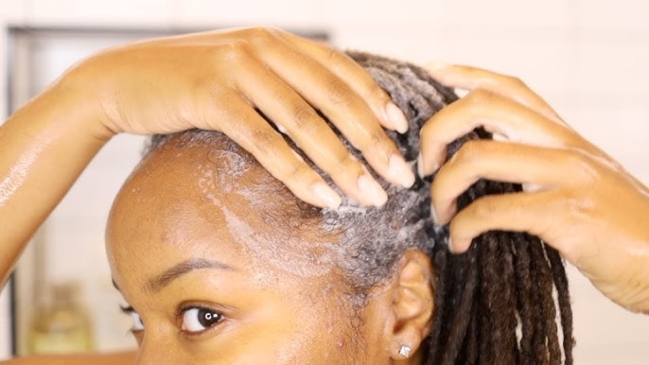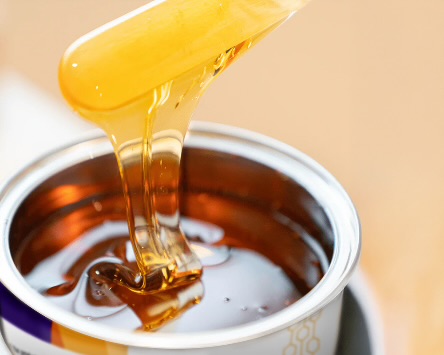If your scalp often feels itchy, tender, or overly reactive, you’re not alone.
A sensitive scalp is more common than many realize, and it can show up in the form of irritation, redness, dryness, or even a stinging sensation.
While frustrating, understanding what causes scalp sensitivity is the first step toward finding lasting relief.
What causes a sensitive scalp?
Several factors can contribute to scalp sensitivity. One of the most common is product buildup, residues from shampoos, conditioners, and styling products can clog pores and upset the natural balance of your scalp. Harsh ingredients such as sulfates, parabens, and alcohol can also strip away natural oils, leaving skin vulnerable.
Environmental triggers, like pollution, sun exposure, or extreme temperatures, may worsen sensitivity as well. In some cases, underlying skin conditions such as eczema, psoriasis, or seborrheic dermatitis are the root cause. Stress, diet, and even hormonal changes can also play a role in how reactive your scalp feels.
How to treat and soothe it
The good news? A sensitive scalp can often be managed with simple lifestyle and product adjustments. Start by swapping harsh shampoos for gentle, sulfate-free cleansers designed for sensitive skin. Look for soothing ingredients like aloe vera, chamomile, or tea tree oil, which can calm irritation while maintaining hydration.
Regular scalp care is also key. Exfoliating once or twice a month with a mild scrub or exfoliating brush helps remove buildup and promote circulation. If dryness is the issue, lightweight scalp oils with jojoba or argan oil can help restore balance without clogging pores.
Pay attention to your hair-care routine, too. Avoid washing your hair with very hot water, as it can strip natural oils, and limit the use of tight hairstyles that place unnecessary tension on your scalp. If symptoms persist or worsen, consulting a dermatologist or trichologist can help identify underlying conditions and provide targeted treatments.
Conclusion
Your scalp is skin too, and it deserves the same care and attention you give to the rest of your body. By identifying triggers, choosing the right products, and adopting a gentle routine, you can restore comfort and keep your scalp healthy, happy, and irritation-free.




